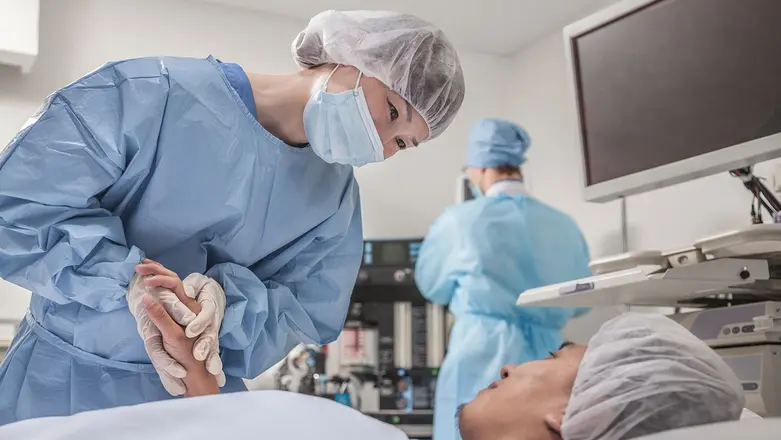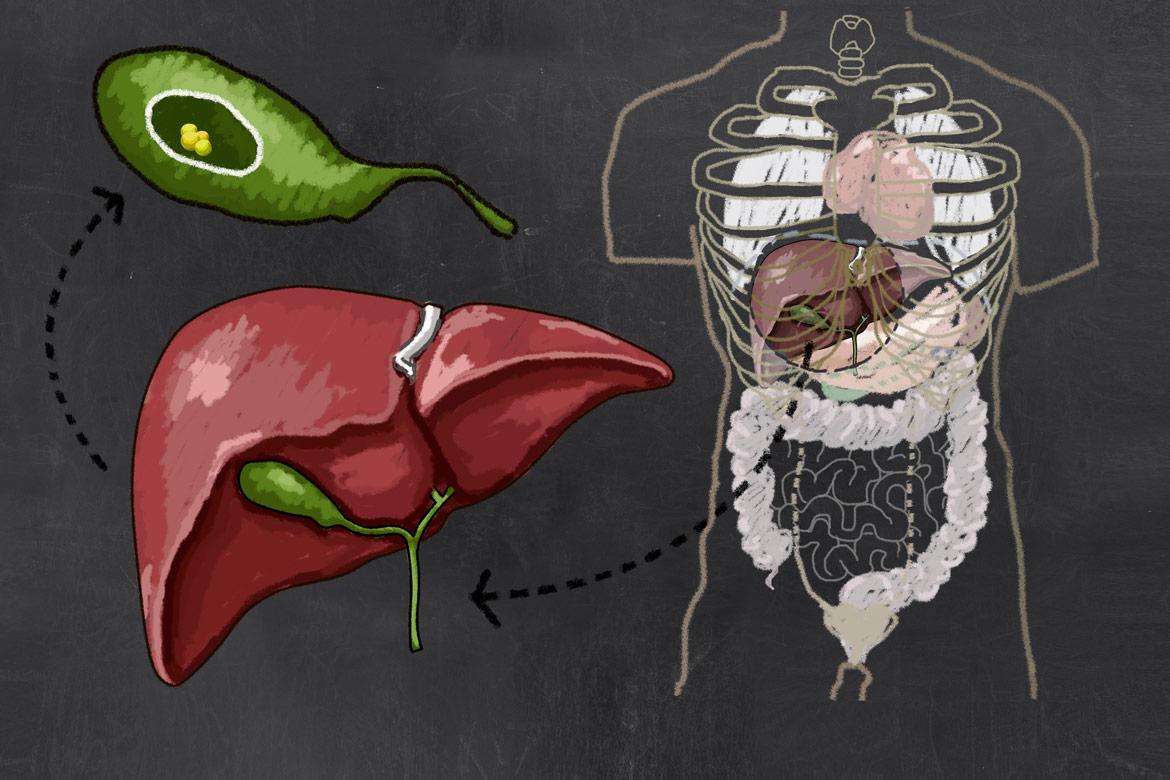-
-
Featured Care Areas


General Surgery
What is general surgery?
General surgery is a surgical discipline that involves surgical procedures performed on the intestines, liver, colon, pancreas, gall bladder, stomach, thyroid gland, and several other organs.
General surgeons may be trained to focus on one of many areas. Some general surgeons are dedicated to transplant surgery and must be ready at any time to harvest organs from suitable donors. Other general surgeons may focus on trauma surgery, breast surgery, colorectal surgery or vascular surgery.
Our team is led by capable surgeons who will provide expertise and customise the treatment care plans best suited for you in the following sub-specialties:
- Head and neck
- Upper gastrointestinal
- Hepatopancreatobiliary
- Colon and rectal
- Vascular
- Breast
Our experienced doctors and nursing staff will assess your individual needs and recommend how to manage your condition effectively. We have specialised services catering to children and adults, either for elective surgery or emergency treatment.
Our approach
At Gleneagles Hospital, our general surgeons are skilled in performing laparoscopic surgery, which is a keyhole surgery that is less invasive compared to open surgeries. This improves patients' recovery time so that they may resume their previous lifestyles and be active again.
Why choose Gleneagles Hospital?
Established in Singapore for more than 60 years, Gleneagles Hospital is committed to giving you comprehensive care and access to the most suitable general surgery procedure for your situation.
Our surgeons are supported by a team of skilled and dedicated nurses, technicians and therapists to help you manage and treat your condition so that you may enjoy better health and less physical discomfort.
This page has been reviewed by our medical content reviewers.
Need help?
For enquiries, please call
+65 6575 7575
For appointment bookings, please WhatsApp
+65 8111 9777








